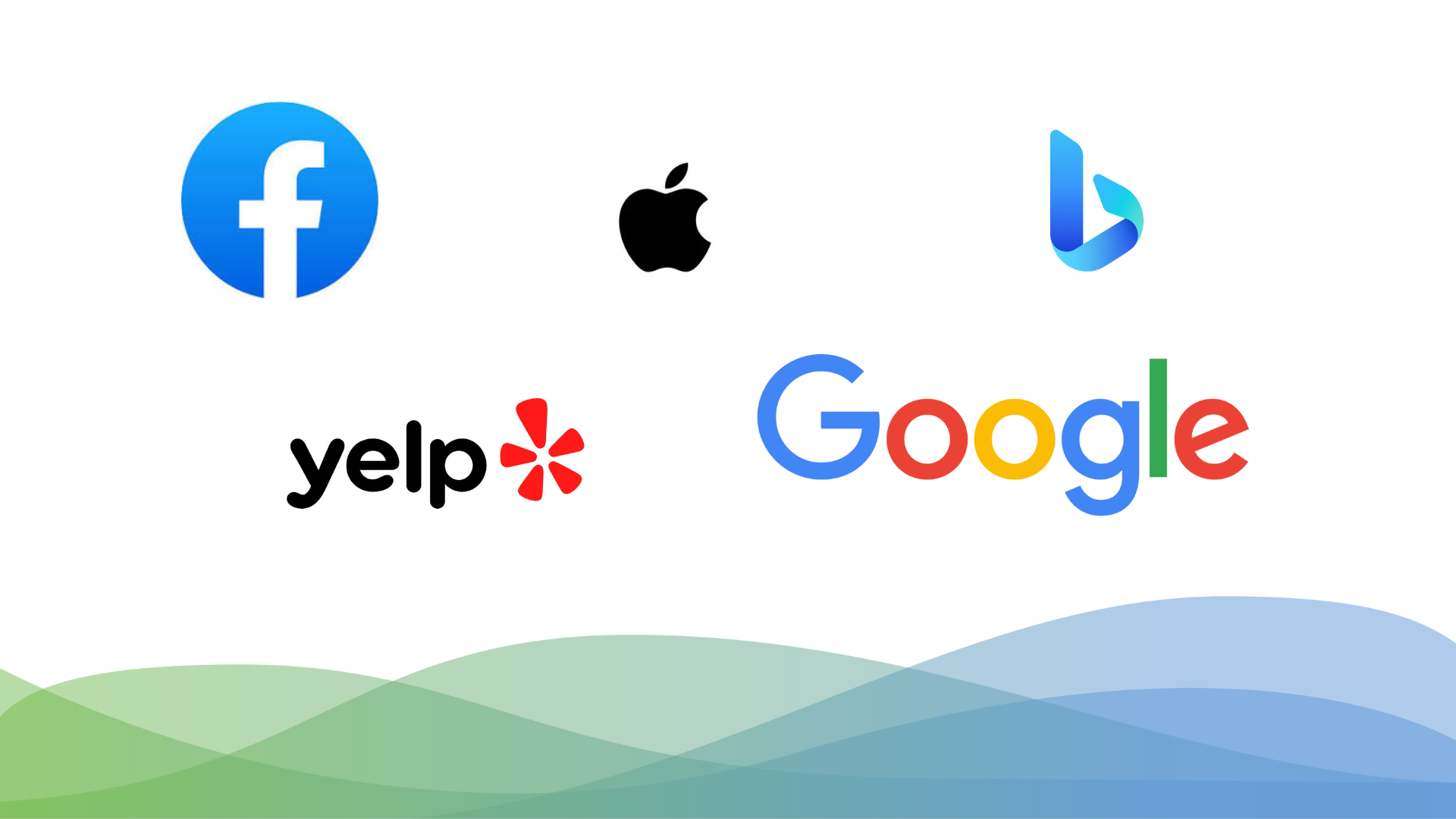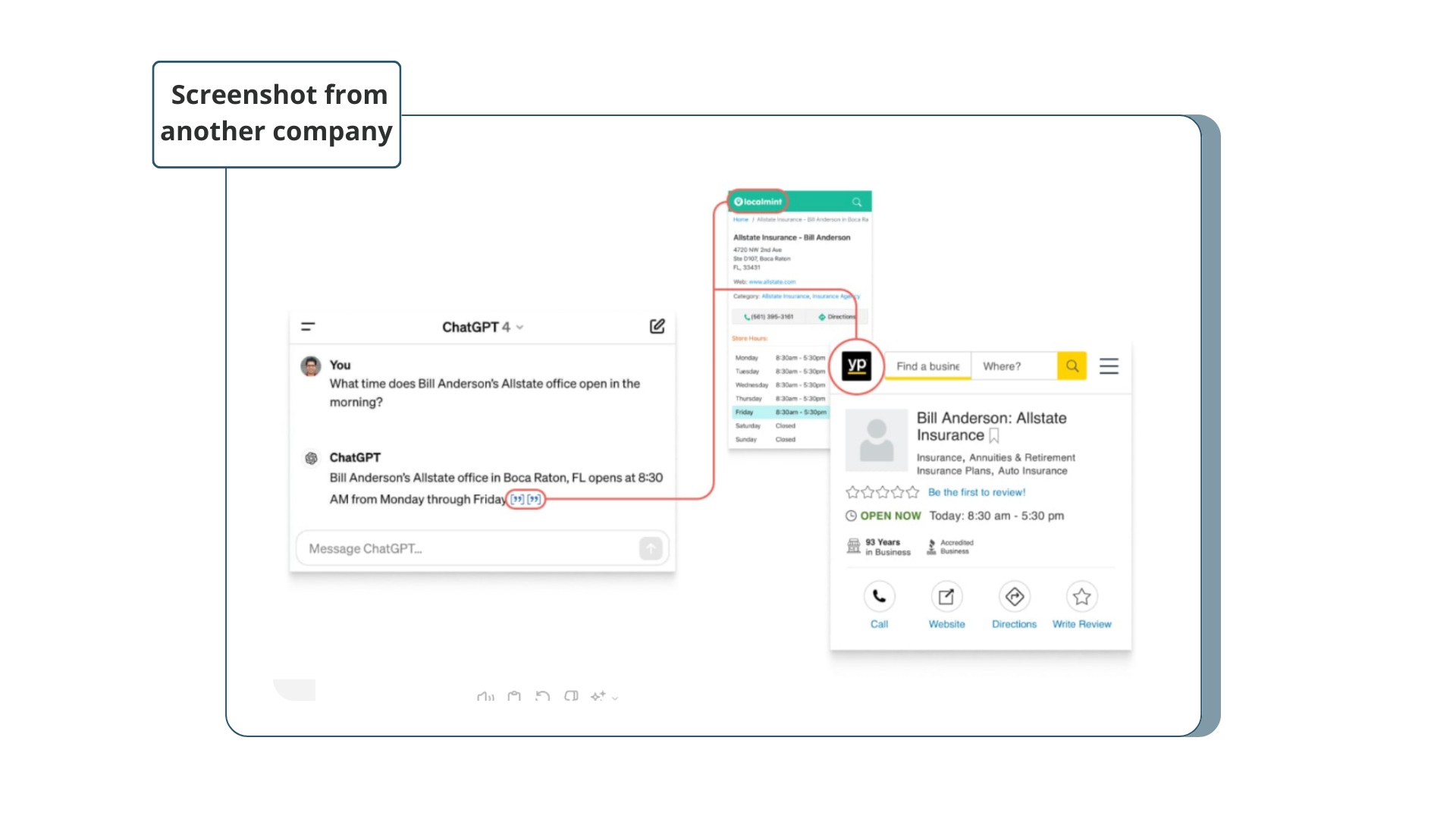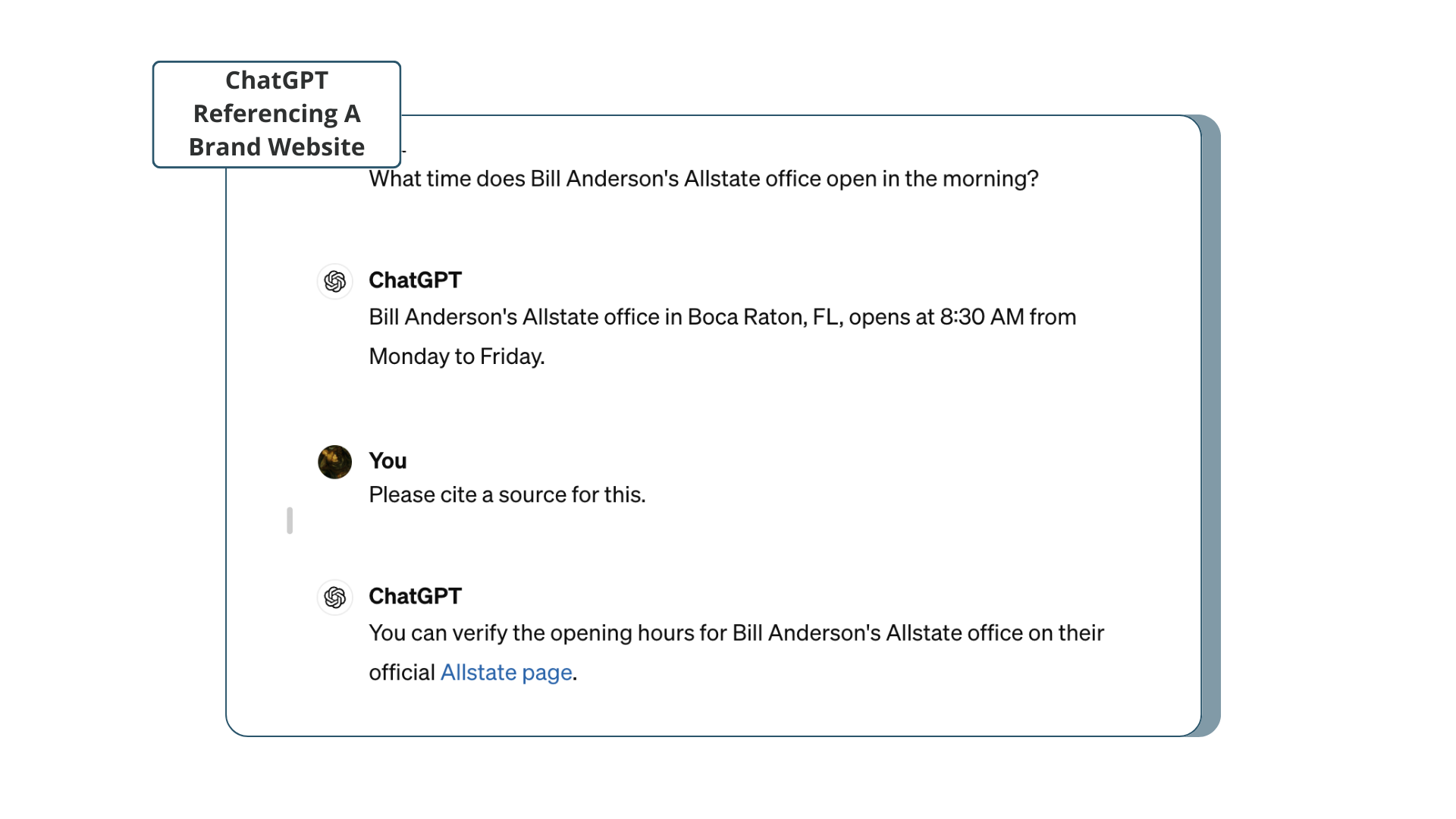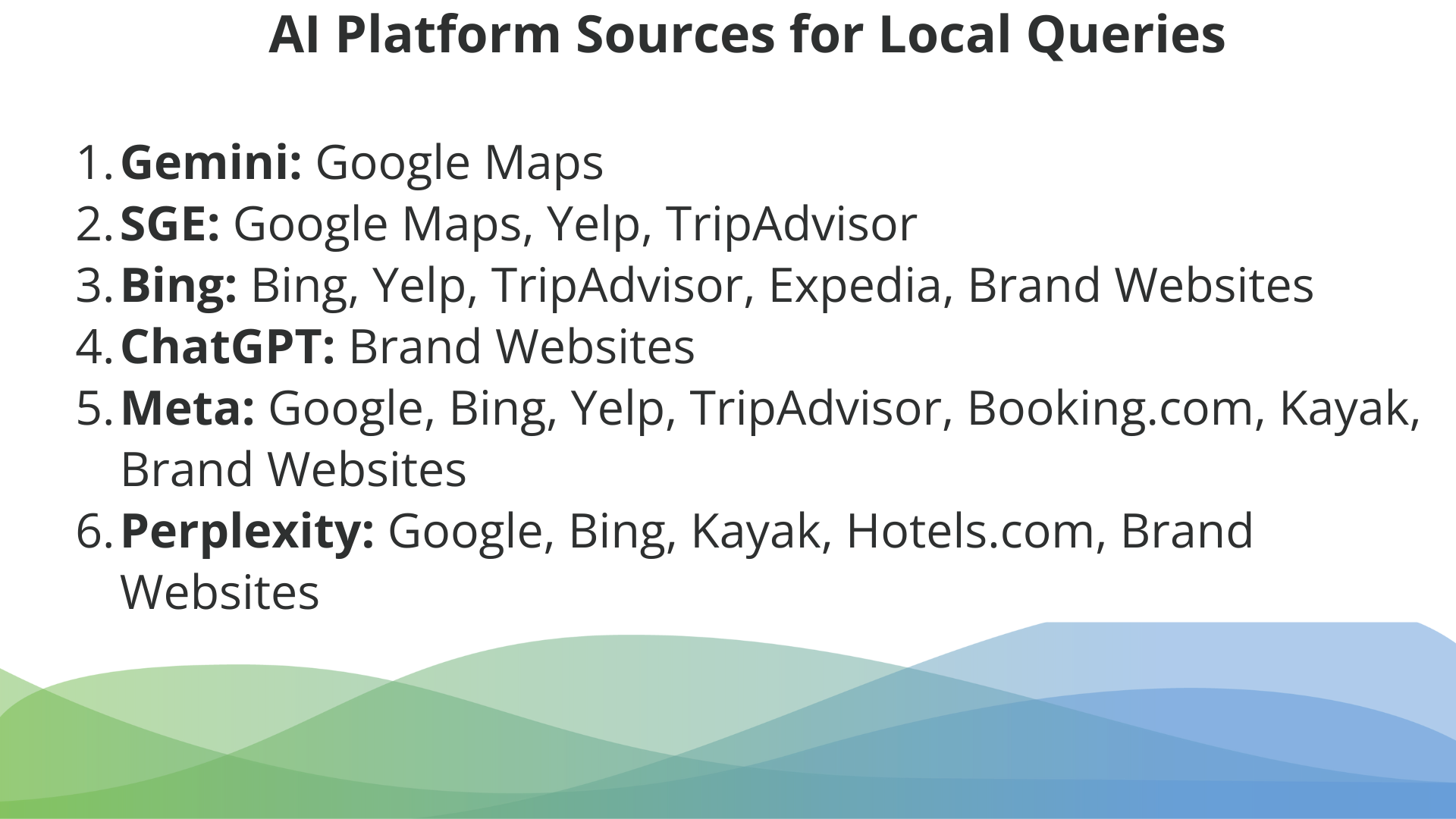Local Memo: Google Search Console Drops Page Experience Report, Adds Recommendations
The True Priorities of Local SEO: Myth vs Reality

The True Priorities of Local SEO: Myth vs Reality
We may feel the ground is shifting under our feet, as Google rolls out massive algorithm updates and AI continues to transform the search experience. In the midst of these changes, the hype machine is working overtime, with some companies trying to sell you a version of reality that serves their interests but doesn’t actually help you solve for your most important business needs. We’ve seen some myths out in the field lately that are worth taking a moment to counter with some straight talk on local SEO priorities. So let’s get started.Myth #1: Citations Make a Difference
As we know, in the early days of local SEO, back before you could even update your Google profile directly, there was one way to improve local ranking: building accurate directory listings (called citations) on a broad base of sites. Directory sites like Citysearch and Superpages used to get their own share of consumer traffic, and once had an influence on the way Google chose to rank its own listings.The Reality: Top Platforms Are Your Highest Priority
The days when citations made a significant difference are largely over. Citation building only has a 7% influence on local ranking according to the latest Local Search Ranking Factors report, with Google Business Profile optimization rightly taking the top spot as the most impactful factor. Our own research, soon to be released, shows that two groups of business locations, one with long-tail citations and the other without, exhibited no measurable difference in local ranking after several months. Don’t just take our word for it. The Local Search Ranking Factors report contains input from many expert practitioners, who were asked which tactics “don’t seem to work anymore.” Citation building was by far the most popular answer, with Gyi Tsakalakis summing up the common sentiment by stating, “Stop wasting your time and money on citations.”So what does matter? By far the most important priority for local ranking is deep optimization of profiles on top platforms, primarily Google but also Yelp, Apple Maps, Bing, Facebook, and certain others that see a significant amount of consumer traffic, such as TripAdvisor for hotels and restaurants. The bottom line: focus your energy on the sites consumers actually use.Quotes from Local SEO Experts on the Declining Value of Citations
Local SEO experts were asked which factors used to matter for local ranking but have declined in value. The majority mentioned citations. Here are just a few of their comments. Greg Gifford: “Citations don’t seem to matter at all anymore.” Brian Barwig: “Citations are still not doing anything to move the needle.” Noah Lerner: “I haven’t given citations much thought in the past two years.” Rasmus Himmelstrup: “It has been a downward trend for years but citations are not what they used to be. I spend a minimum of time on citations beyond the large players.” Gyi Tsakalakis: “Stop wasting your time and money on citations.”

Myth #2: Indirect Website Traffic Impacts Local Results
Some companies say you should pay attention to secondary metrics, such as clicks to your website from Google Business Profiles, as a measure of local marketing success. Some have even claimed that citations somehow grow traffic to your website through this indirect route.The Reality: Local Ranking Is the Measure of Local Impact
In reality, the metric that matters first and foremost is local ranking. Competing for placement in the Google 3-Pack should be every local business’s primary goal. Conversion metrics do matter, such as clicks for directions, clicks to call your business, and booked appointments. They represent evidence that people aren’t just finding you online, they’re taking actions that suggest intent to transact business. But website clicks from your Google Business Profile are in many ways the least significant of these conversion metrics. If a consumer needs to click through to your website from your Google profile, it means the information they need is not in the profile itself. Some of these users may convert, but they may also be frustrated enough in their quest for answers to visit your competitor. What’s more, if website traffic is your main KPI, wouldn’t you use Google Search Console to measure that traffic? In the end, the local KPI that really matters is local ranking.Myth #3: AI Needs Long-Tail Directories
Some companies may tell you that popular AI tools like ChatGPT and Gemini are reliant on information from a broad base of obscure sources, such as those old-school directory sites we’ve been talking about. You may have even seen screenshots like this one, suggesting that ChatGPT depends on information for local queries from sites like YP.com and Localmint.
The Reality: AI Needs Authoritative Sources
Actually, the screenshot above is not what we saw when we used ChatGPT to ask the same question. Instead, ChatGPT references a highly authoritative source: the brand’s own website.








